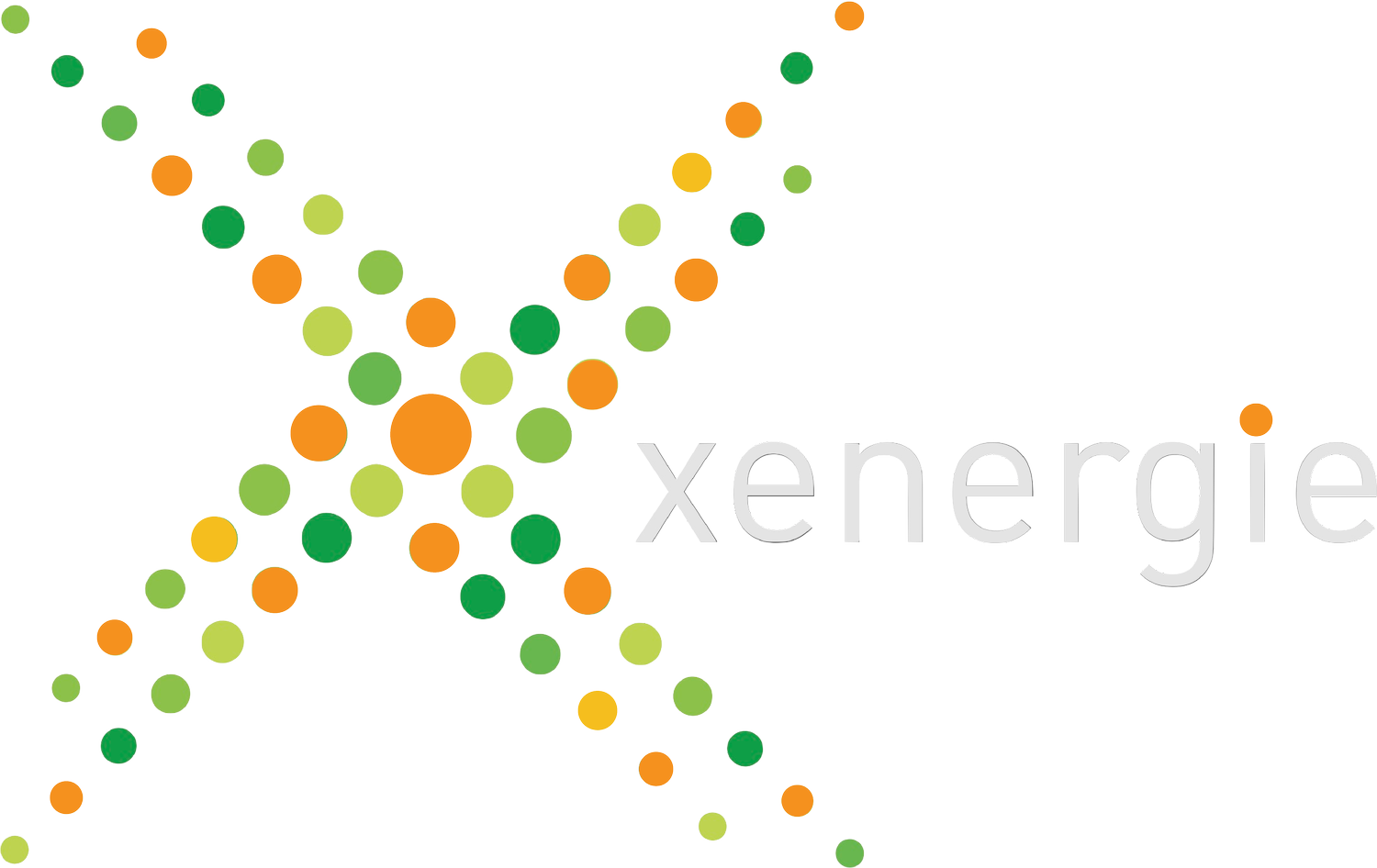Leadership and Organisational Transformation in the Age of AI
Moving Beyond Tactical Implementation to Strategic Engagement
The integration of artificial intelligence represents far more than a technological upgrade, demanding a fundamental reimagining of leadership and organisational structures. This was the central thesis of a recent webinar featuring Nigel Russell (CEO of Xenergie Digital), Lorna McDowell (CEO of Xenergie) and Rob Van Alphen (AI trainer and consultant), in partnership with Folgate Advisors and focusing on the opportunities in the world of Communications and PR.
As leaders grapple with the implications of AI adoption, the conversation has shifted dramatically from whether to implement AI to how to harness its potential for competitive advantage. This shift recognises that transformation is no longer optional but it is essential for survival and differentiation.
The Evolving AI Landscape
The AI landscape is undergoing several significant transitions that organisations must navigate:
From internal optimisation to frontline collaboration: AI is moving beyond backend support roles to become a customer-facing tool, enhancing experiences and personalising interactions.
From efficiency to effectiveness: While early AI adoption focused primarily on cost and time savings, organisations are increasingly leveraging AI to improve outcomes and expand capabilities.
From tactical to strategic: The most forward-thinking organisations are shifting from implementing isolated AI use cases to developing comprehensive AI strategies aligned with business objectives.
As Rob noted during the webinar, "AI is increasingly seen as crucial to your company's strategy and longevity, how you can differentiate, how you can compete." This strategic perspective is driving significant investment in data infrastructure and technological architecture.
Emerging Leadership Competencies
The AI era demands a new paradigm of leadership that balances technological fluency with deeply human capabilities. The Xenergie 21st century leadership framework is based on a social leadership model, emphasising seven core competencies:
Activating human connections: Fostering collaboration and breaking down silos to create integrated human-AI teams.
Digital and data affiliation: Developing comfort with data-driven decision-making while maintaining critical thinking.
Engaging purposefully: Helping employees understand the "why" behind AI implementation and how it aligns with organisational purpose.
Ethical ecosystem thinking: Considering the broader implications of AI adoption for customers, employees and society.
Reflecting and building resilience: Cultivating the ability to thrive amid uncertainty and continuous change.
Leading from the future: Employing scenario planning and creative thinking to envision possibilities rather than reacting to immediate pressures.
Operating in a state of flow and value creation: Embracing strategic change management as a core leadership function.
Leading in an AI-augmented team and a human-AI collaborative or a human-AI collective is a different form of leadership than we've traditionally seen and this shift requires leaders to develop new competencies while maintaining a focus on human connection.
Organisational Transformation Requirements
Beyond individual leadership capabilities, successful AI integration demands systemic organisational changes across the following areas:
Mindsets and Innovation Culture
Organisations must foster cultures that value innovation and experimentation, addressing limiting beliefs and cultural gridlocks that impede progress. This involves balancing current operations with future investments.
Distributed and Data-Driven Decision-Making
By leveraging data for improved quality and speed, organisations can push decisions closer to the point of action. This requires robust data infrastructure and revised governance structures.
Talent Development and Reskilling
Investment in strategic thinking, critical analysis and emotional intelligence becomes essential as AI automates routine tasks.
Cross-Functional Collaboration
Breaking down organisational silos fosters crucial collaboration across departments and between organisations.
Metrics and Ethical Frameworks
Implementation of clear ethical guidelines must extend beyond AI use to encompass new working methodologies.
Cultural Blind Spot Awareness
Addressing the "shadow" aspects of organisational purpose are critical. Every well-intentioned purpose has an unintentioned shadow...and with all the best intention, it is hard to manage.
The Human-AI Partnership
Perhaps the most profound shift discussed was the emergence of human-AI collaboration as a central organising principle. This partnership model recognises the complementary strengths of each:
AI excels at:
Data analysis and insight generation
Research
Volume-based communications and content generation
Repetitive, process-based tasks
Pattern recognition and idea generation
Humans remain uniquely strong at:
Building genuine relationships and teams
Applying wisdom and experience to interpret data
Creating authentic connections
Exercising emotional intelligence and sensitivity
As AI automates tasks and processes, really we've got the potential to release the creativity and strategic thinking that either our clients or people inside our organisation value most.
Moving Forward: Practical Next Steps
For leaders beginning their AI transformation journey, the are several practical approaches:
Understand the challenge collectively: Gather diverse perspectives on how AI will transform your organisation.
Develop strategic vision: Look beyond immediate applications to identify long-term competitive advantages.
Assess transformation potential: Evaluate current leadership capabilities and organisational readiness.
Create learning communities: Collaborate across organisational boundaries to accelerate learning.
Build internal coaching capabilities: Develop managers' abilities to support teams through transformation.
Xenergie have developed a systemic approach to help leaders navigate this transformation. The Systemic Growth Studio is a peer network experience with access to industry experts, experimental and reflective spaces.
No birth happens without pain...but out of that comes something really winderful. Approaching AI transformation with courage and transparency, leaders can transform anxiety into creative potential.
The imperative is clear. Successful navigation of the AI revolution requires not just technological adaptation but a fundamental reimagining of leadership and organisational structures. Those who embrace this challenge with vision and courage will find themselves not merely surviving but thriving in the age of AI.
This blog post is based on insights from a recent webinar featuring Nigel Russell (CEO of Xenergie Digital), Lorna McDowall (CEO of Xenergie) and Rob Van Alphen (AI trainer and consultant).

